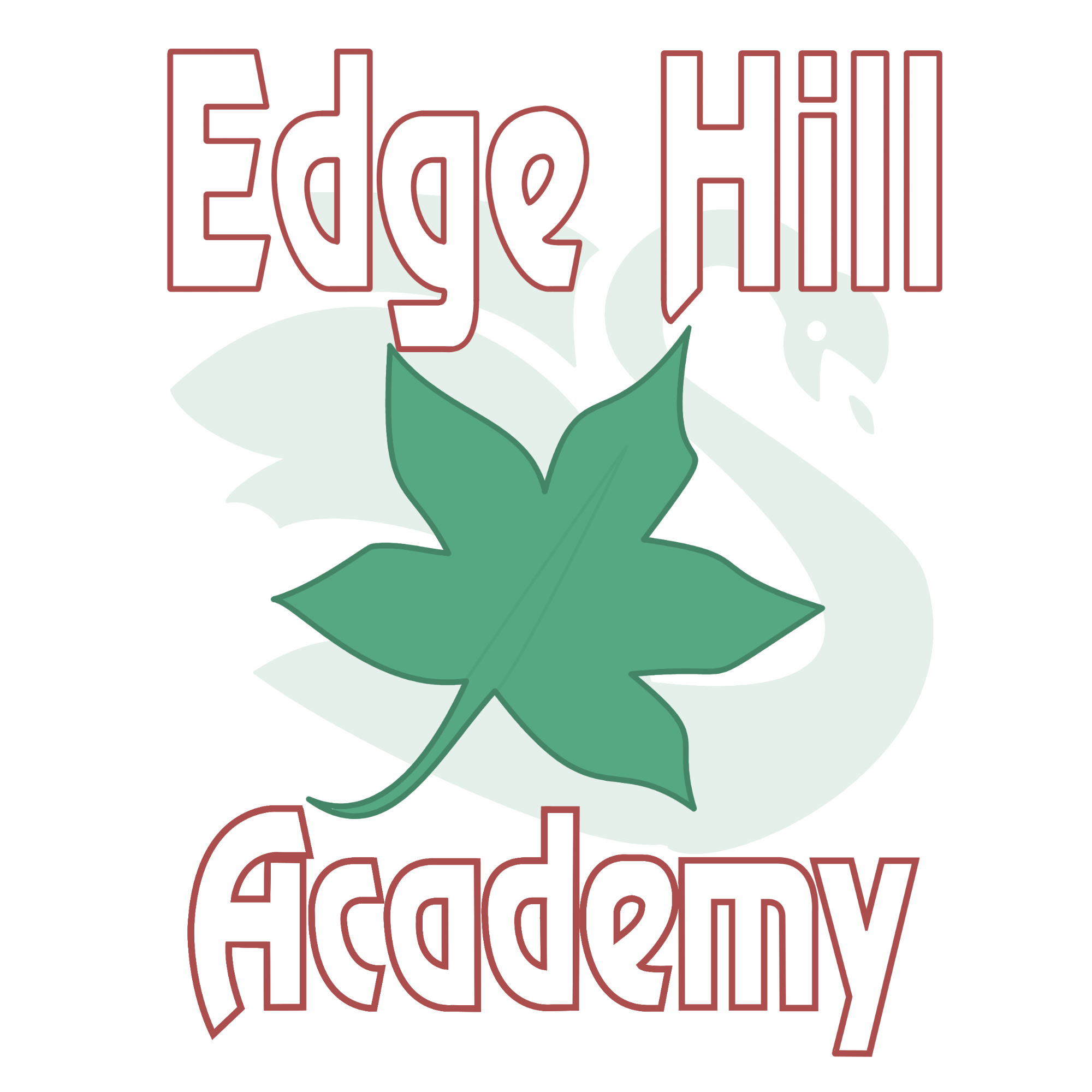Writing
At Edge Hill Academy, we teach writing using “Talk for Writing”. This ensures all pupils have an equal exposure to fiction, non-fiction and poetry during writing lessons and have access to high-quality model texts that help them to craft their own.
The children experience narrative, recount, instructions, information, explanation, persuasion, discussion and poetry during their writing lessons.
Grammar is taught as an intrinsic part of writing. Stand-alone grammar lessons are taught regularly then these taught aspects of grammar are woven into the writing lessons to support the children in using the grammar skills learnt.
They also take part in a weekly spelling lesson for which we use the Purple Mash Spelling Scheme and a weekly handwriting lessons using Letter Join.
Writing is taught daily using many of the “Talk for Writing” methods. They are exposed to high quality examples of each type of writing and the My Turn, Our Turn, Your Turn method is used to model writing and support the children in starting to craft their own before moving on to the children becoming more independent. Retrieval work is completed every lesson to support the children in embedding their learning.
Books clearly show each writing journey the children take going from a “Cold Write” (when the children are asked to write an explanation text, for example, but given no direct teaching about the features), through the direct teaching of grammar skills and specific features of the type of text to conclude with a “Hot Write” where the children showcase their learning in a final piece of work. We encourage the children to compare their cold write to their hot write so they can see the progress they have made.
The children are expected to write in joined-up handwriting that follows the Letter Join scheme.
Outcomes are measured using Teacher Assessment against the Fierte End of Year Expectations. The Hot Write is a chance for children to show their learning and is used as an assessment tool to gauge how far the children have got and what the next steps are.
In spelling, weekly spelling tests take place based on the spelling lists in the Purple Mash Spelling scheme and results are recorded and shared during Parents’ Evenings.
For grammar, punctuation and spelling, a termly assessment is completed and results are analysed carefully to ensure all children have the best chance of achieving age-related expectations.
There are times when children may need more support to reach the expectations. This is done through support in lessons and sometimes through intervention sessions, particularly for spelling and handwriting, which allow us to fill identified gaps in learning to support them in attaining age-related expectations.
